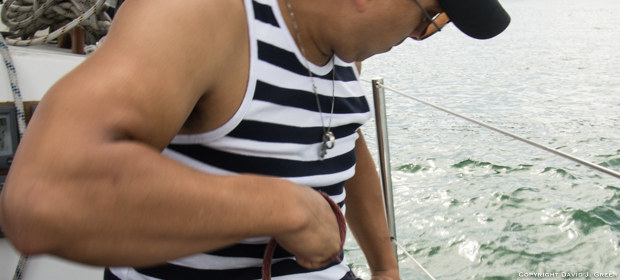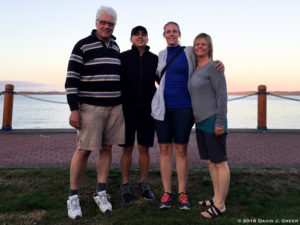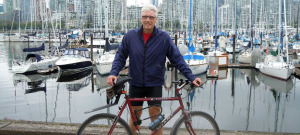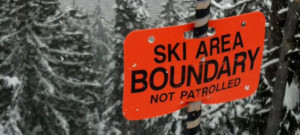One summer, Karalee and I chartered a 30-year old boat through our yacht club. While I’ve sailed for more than 45 years, this trip taught me that I still have lots to learn about sailing and leadership.
We started out the first day with our daughter Jocelyn and her husband Daniel. We got in a little sailing, then travelled to a small island with a very tight little bay where we planned to anchor for lunch. I asked Jocelyn and Daniel to let go the anchor. While I had been briefed on how to do this, I only gave them a short overview as we entered the bay. Needless to say, the two of them struggled to control the anchor as it went down and we drifted around the tiny anchorage coming near both other boats and rocks.
Lesson 1: Do training and knowledge transfer before you are in the stressful situation that needs the knowledge and skills.
Lesson 2: Even better than #1, practice before you need to. We could have easily practiced dropping the anchor together when we were at the dock or before we entered the bay. In the panic to get the boat anchored, the extra adrenaline caused me to push way too hard on the shifter controls causing the shifter cable to break.
Lesson 3: Be aware when you are getting anxious in tense situations.
Lesson 4: Being experienced doesn’t mean that you have the knowledge and skill you need today. This sailboat had dual steering stations with dual shifter and throttle controls. This was the first time I had ever run a boat with this configuration.
After our lunch stop we successfully brought the anchor up and drove the boat using the second set of controls. During lunch the wind had switched direction and was now blowing very strongly in the direction we wanted to go. Jocelyn was keen to give Daniel more sailing experiences, so we agreed to try sailing. When we put the main sail up, there were no reef lines in place to reduce the amount of sail area.
Lesson 5: It is up to the leader to make sure that everything is prepared the way it should be. With the sailboat on the edge of being overpowered, we put out some of the Genoa. While we only put out a little bit, we were soon completely overpowered and then struggled to get the Genoa put away and the boat back under control.
Lesson 6: You must adjust to the situation and what is happening around you in the moment. I called ahead to the marina where we were going to for the night. I was given our slip assignment and we motor sailed to the entrance to the marina. Once we got there, I had to steer from down below, which severely limited my visibility (remember the shifter control at the outside wheel was now broken). We could see the finger where we were supposed to moor the boat, but none of us could see the numbers for the slips. I called the marina on VHF 66 and asked for the names of boats as references to find the relative position of where we were to moor for the night.
Lesson 7: It is always okay to ask for help.
Lesson 8: Get the information you need in a context that works for you and your team (relative instead of absolute in this case).
We made it safely to the dock. We went out to dinner together and shared a few laughs over our day’s adventures. With more training, preparation, and situational awareness the day could have been just as fun without quite as many challenges.





